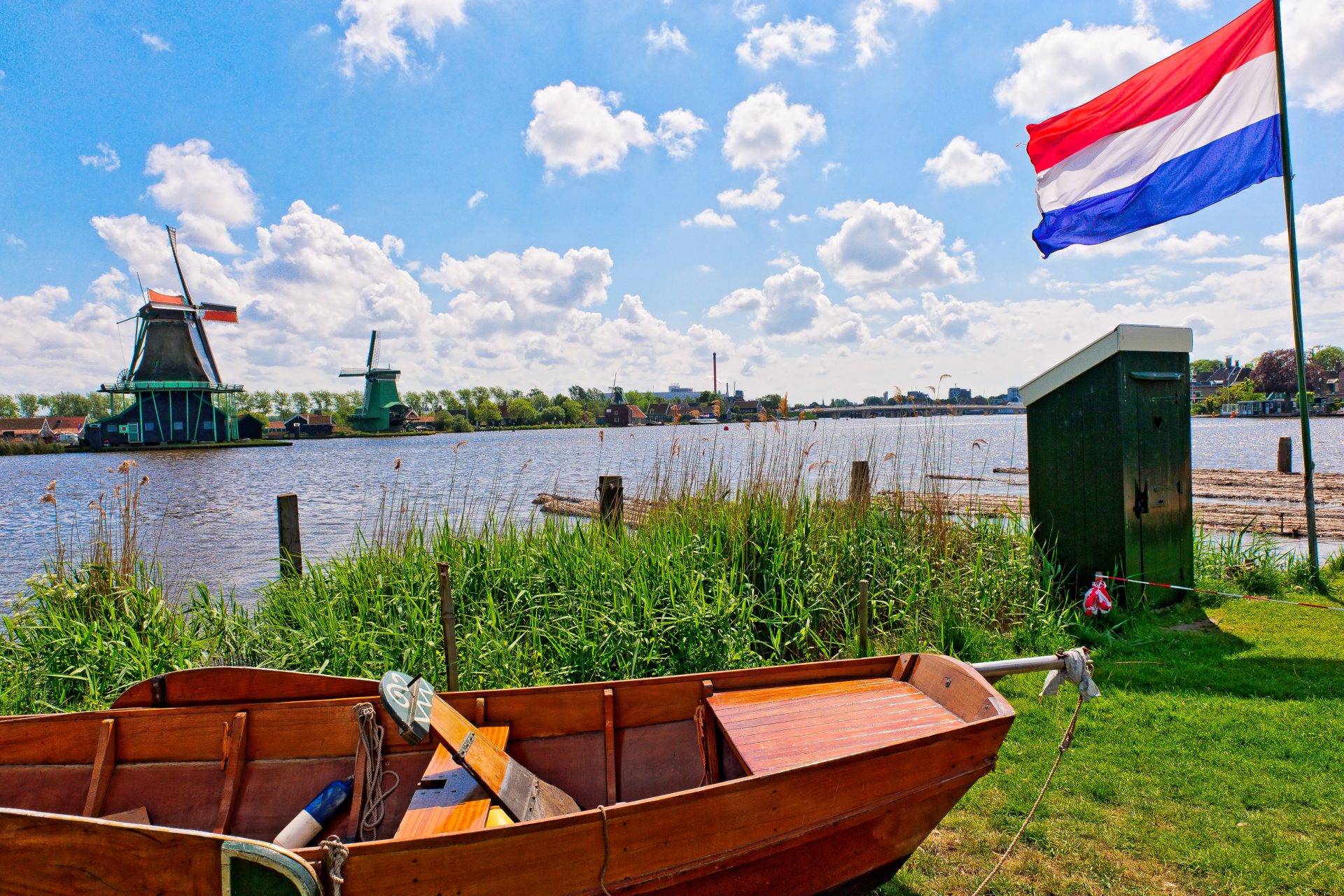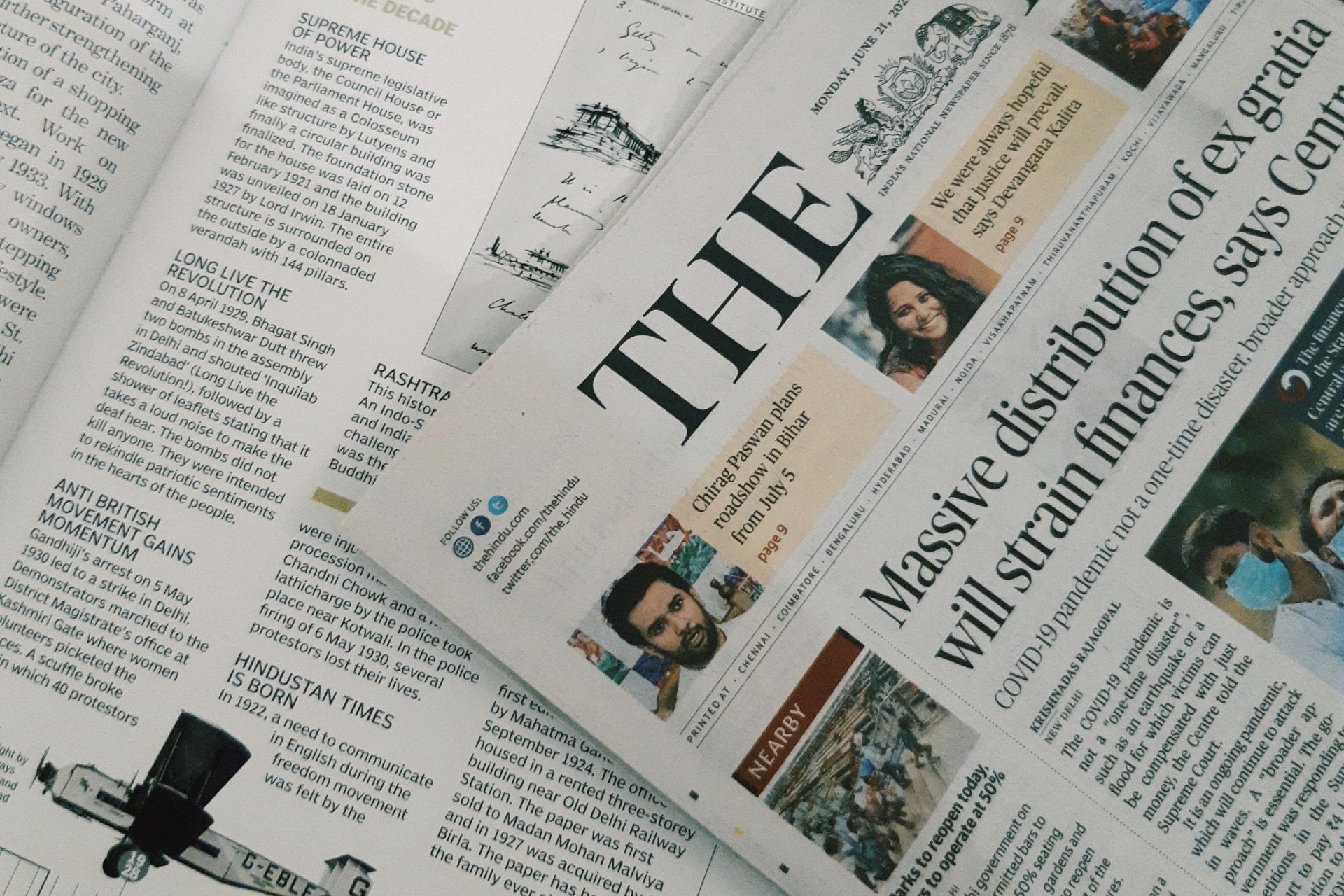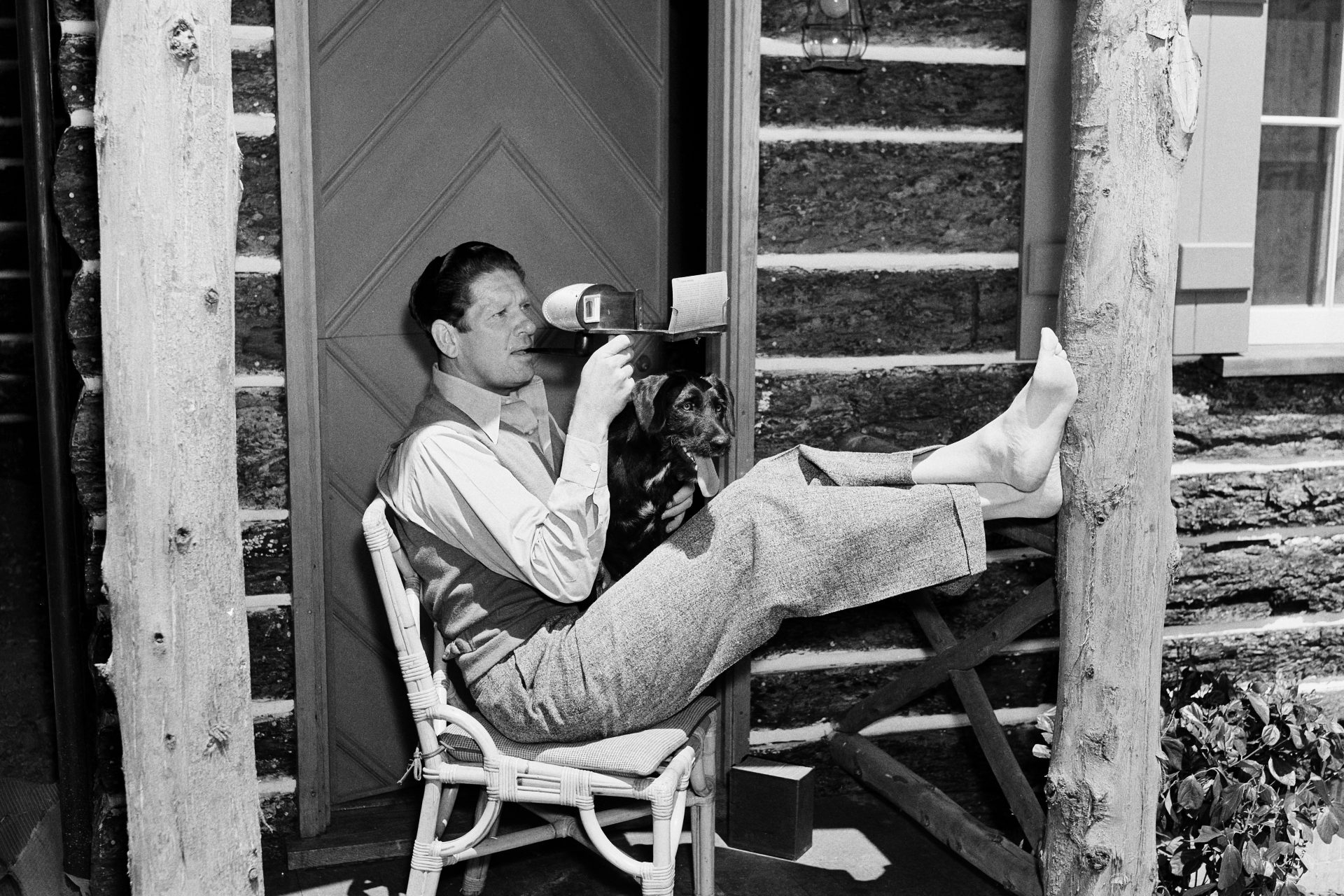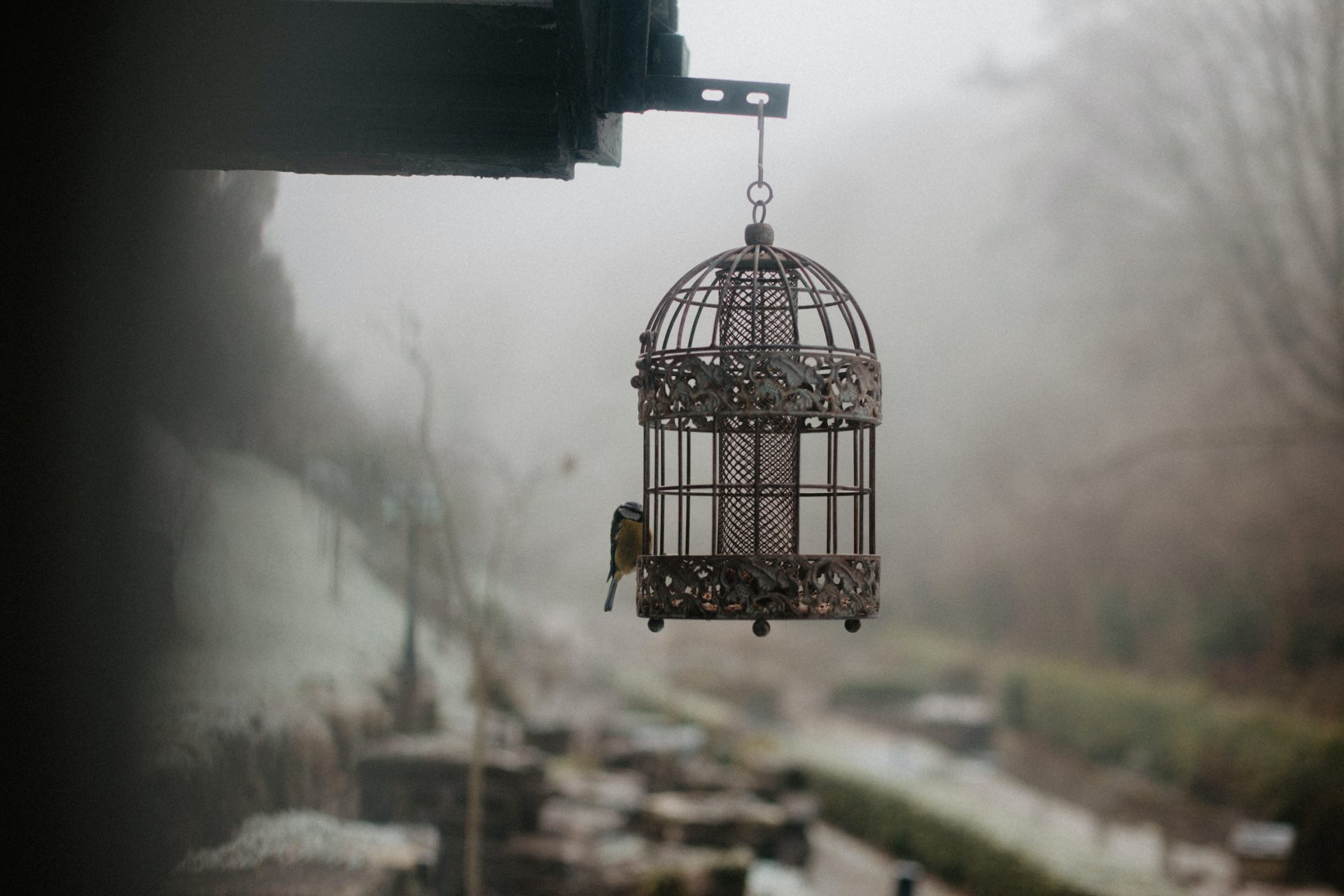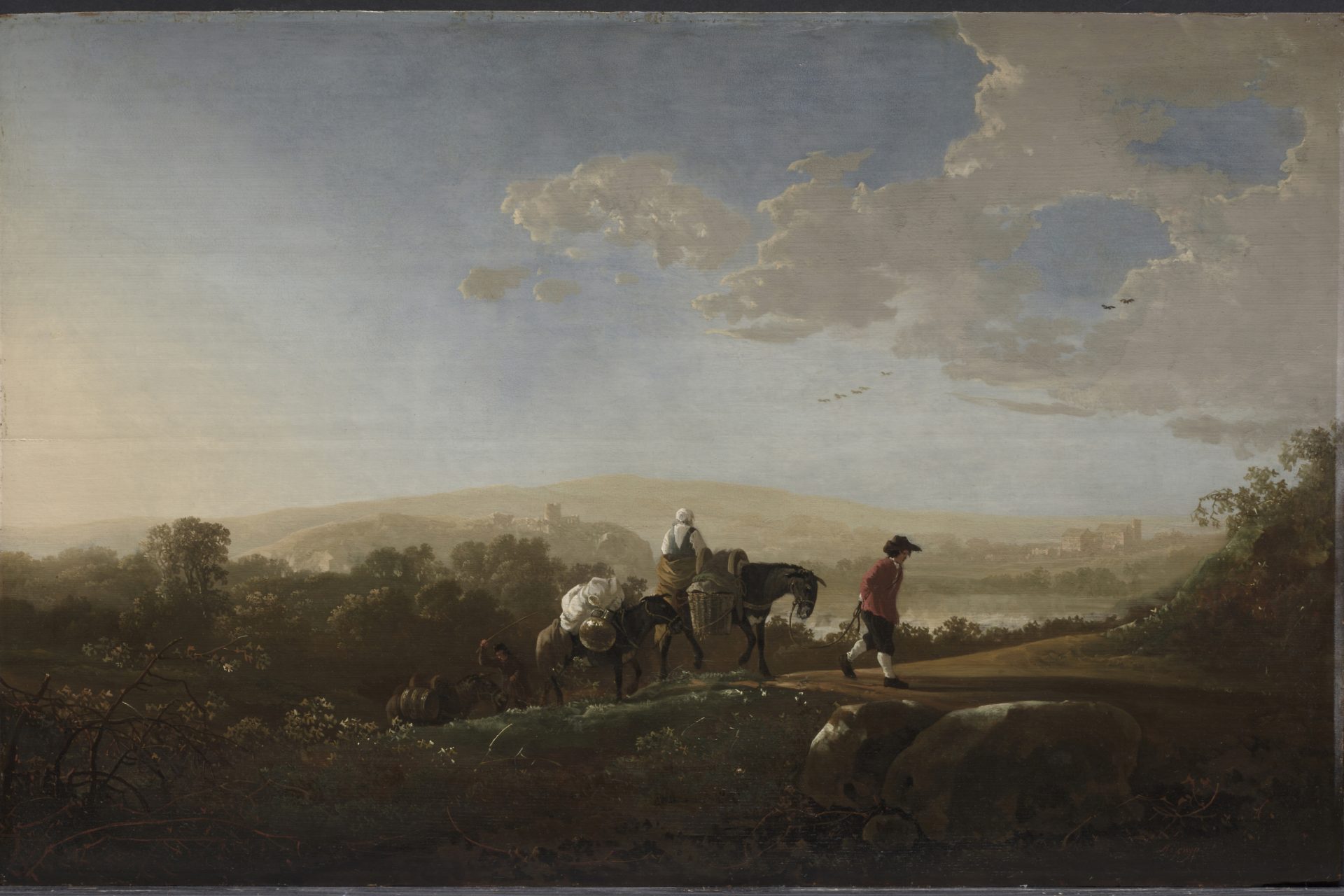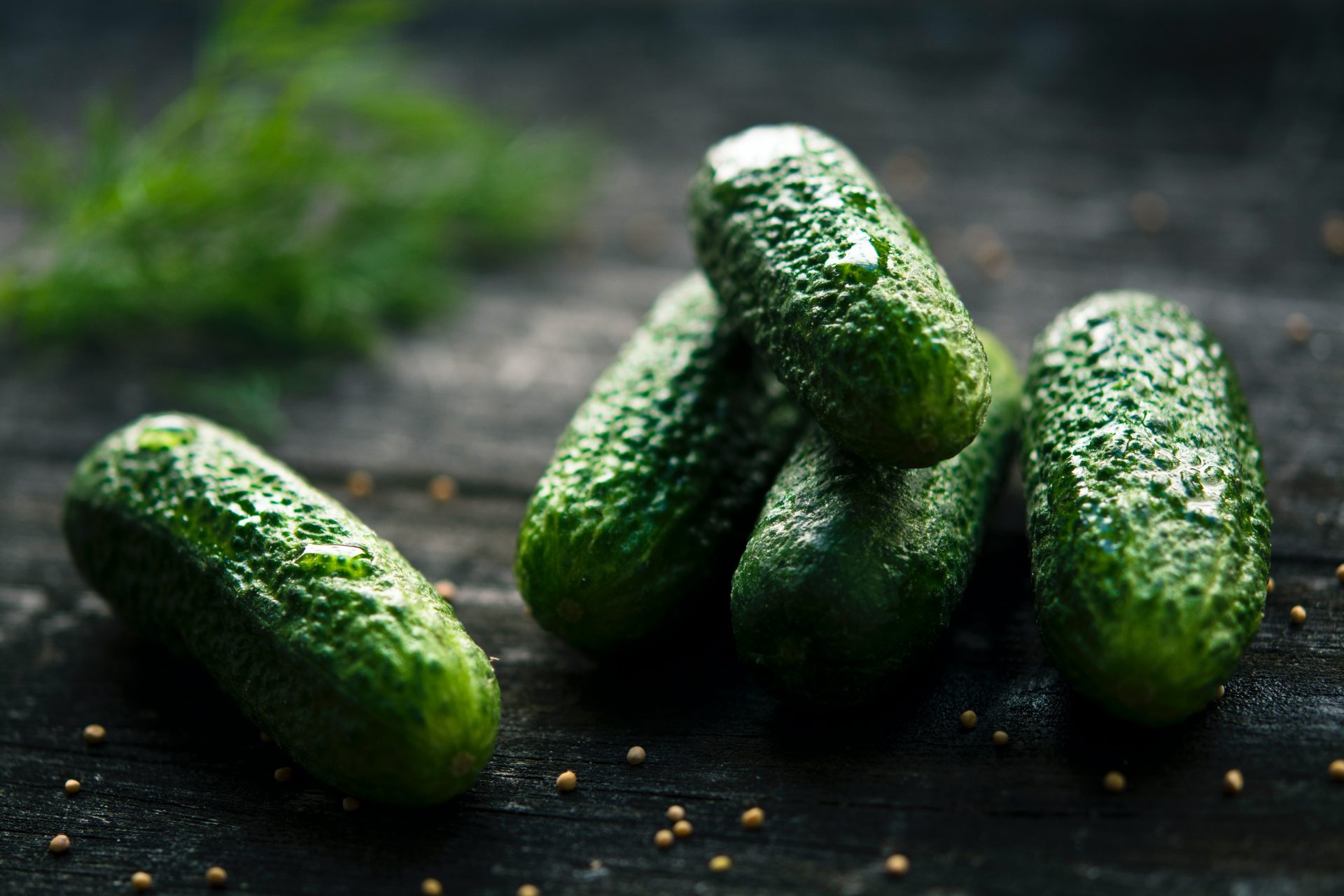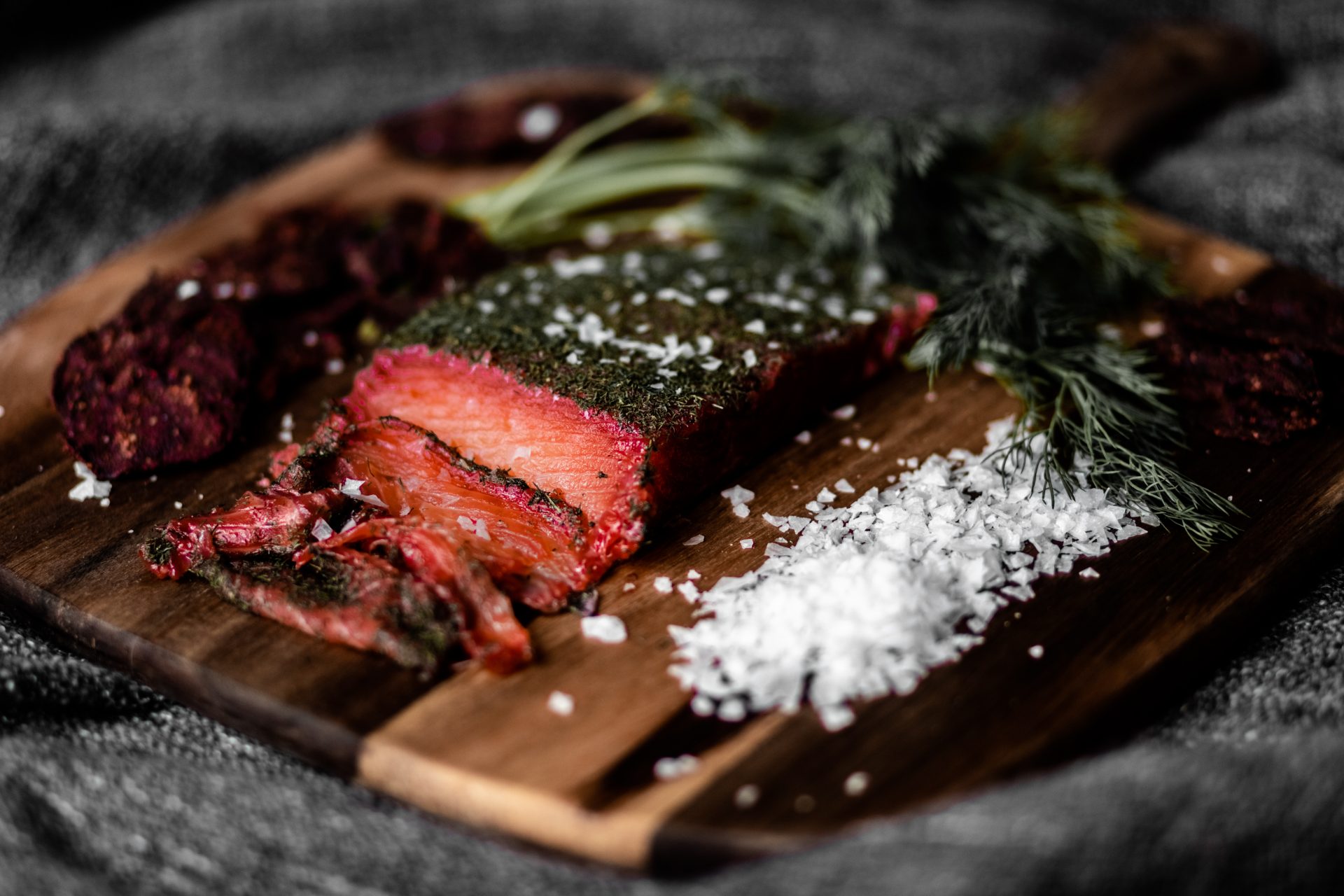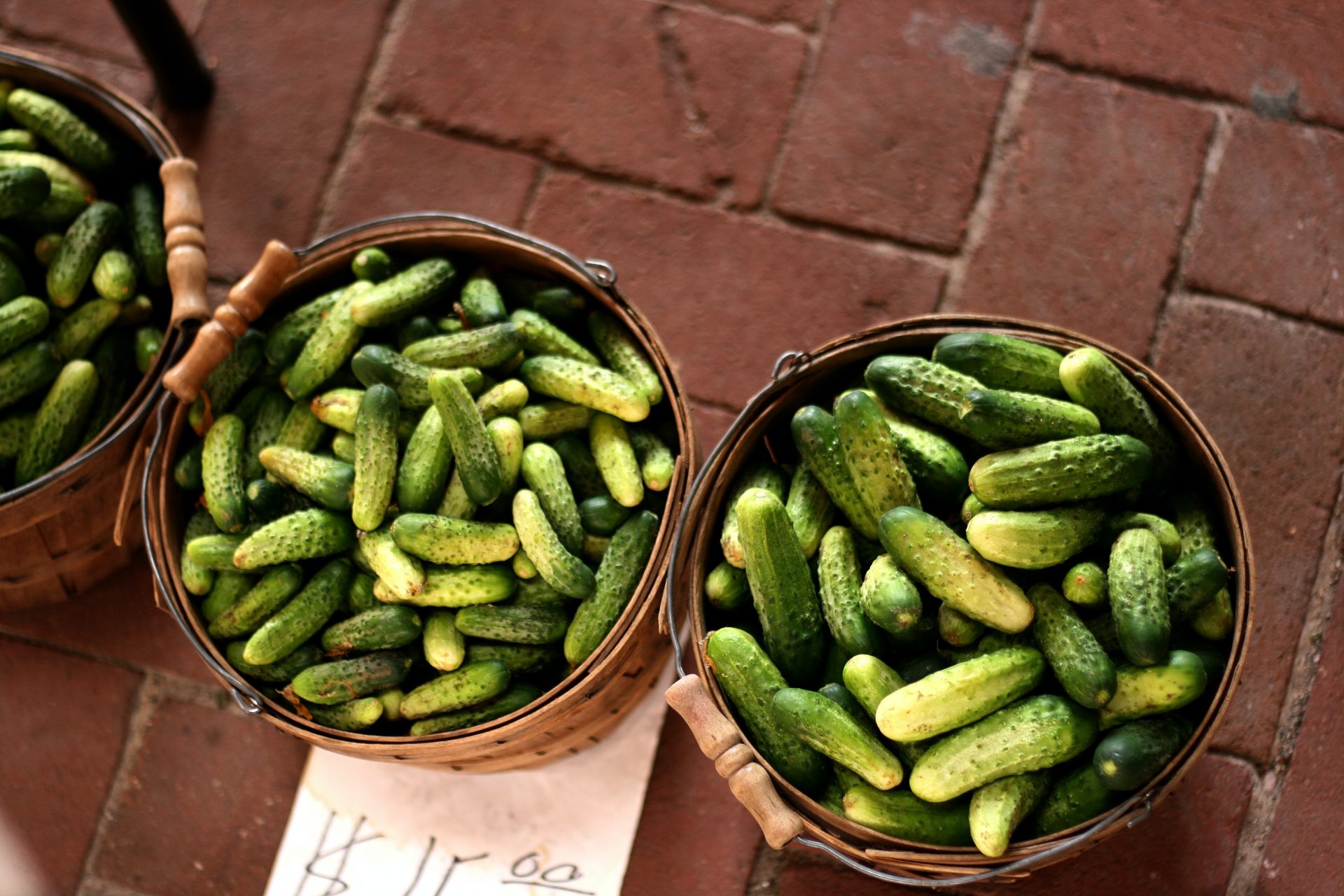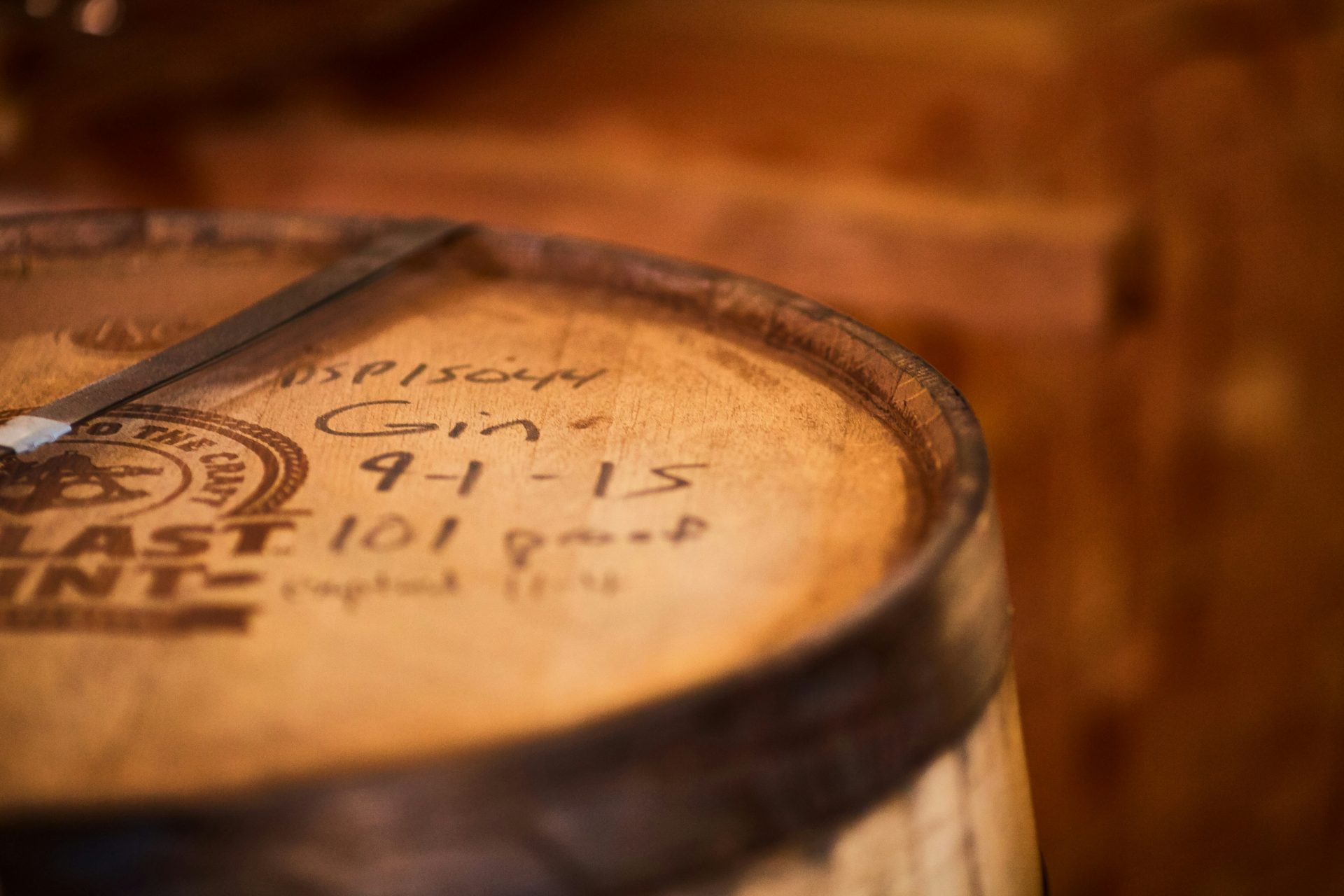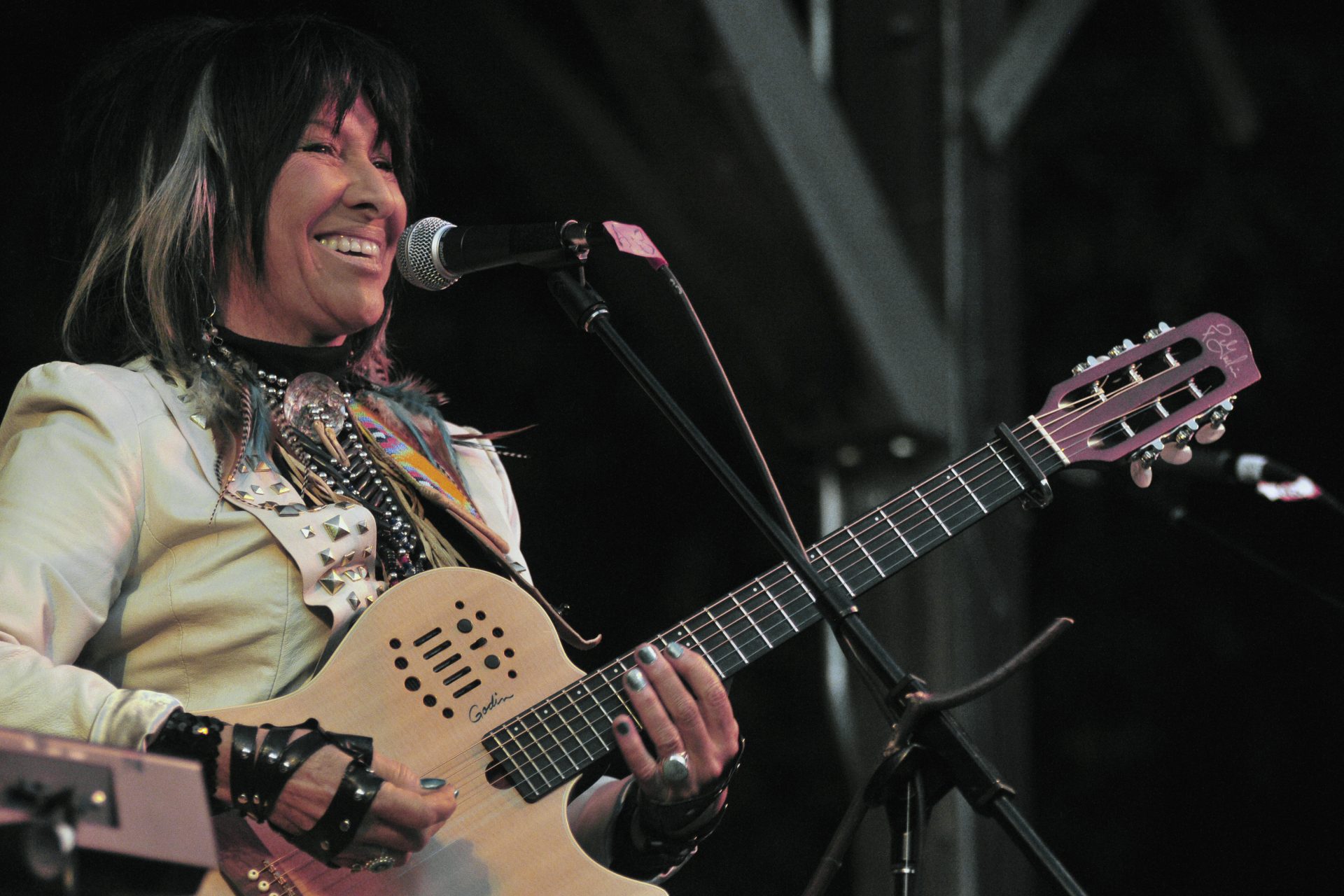Pickles, geek, cookie, and other unexpected English words with Dutch roots!
Did you know that anglophone people all over the world use Dutch words without being aware of it? According to the Dutch national broadcaster NPO, the English language contains many Dutch words because both idioms have linguistic origins in the Germanic language group.
In the following slides, you will find words that entered the English language from a 'Netherlandish' origin. Some of them will surprise you!
Photo: Ashni / Unsplash
This word doesn't sound Germanic at all! According to Linguataalles-nl, the word "bamboo," first used around 1590, comes from the Dutch "bamboe," which itself was taken from the Malay word "samambu." It's one of the many results of Dutch explorers and traders sailing the world in the 16th century.
Photo: Eleonora Albasi / Unsplash
The term "bazooka," common since 1942, refers to a metal tubular rocket launcher. The word was derived from an instrument used by American comedian Bob Burns around 1935.
Yes, you read that right, 'American.'
The instrument we just mentioned was named after the word "bazoo," which is an informal way of referring to the "mouth" or to the verb "boast". It was first found in documents from 1877 where the Dutch used the verb "bazuinen" ('blabbering').
The modern understanding of a "cookie" as a small, flat, sweet biscuit dates back to 1808, according to Theowl-eu. It has its origins in the Dutch word "koekje."
Photo: Christina Branco / Unsplash
The current use of "decoy" dates from around 1600 and is derived from the words "de kooi." In Dutch, these words stand for 'the cage', but the English put them together and gave a slightly different meaning to it.
Photo: Beth Jn / Unsplash
The word "geek" probably has its roots in the Dutch word "gek" which means "crazy person" or "joker". In English, "geek" was first used in 1916 as a term for a "circus clown". The current meaning of the word "geek," a (highly intelligent) person with limited social skills and an obsession with technology, dates back to 1983.
Photo: Nik / Unsplash
The term "Yankee" probably dates to 1683 and is a form of saying "Jan Kees," a combination of typically Dutch names. "Yankee" was probably used as an insult to Dutch settlers in early New York. Later, the term began to be used in this American region to refer to all kinds of European settlers.
Photo: Chanan Greenblatt / Unsplash
Dutch painters such as Albert Cuyp (photo) became world-famous for their landscapes. So much so, in fact, that the word "landscape" was adopted from the Dutch word "landschap" - a term for a beautiful natural scene in the context of painting. The English began using it around 1600, and in 1886 written documents show that it was broadened to mean 'landscapes' in general.
The word "pickle" dates back to around 1400 and is derived from the Middle Dutch word "pekel."
Photo: Jonathan Pielmayer / Unsplash
Originally, "pekel" was a spicy sauce served with meat or poultry. Its sour and salty components helped these foods stay fresh for longer periods of time. "Pickling" or "pekelen" was therefore seen as salting foods to preserve them.
Photo: Storiès / Unsplash
The earliest mention of "pickle" as a processed cucumber with sour and salty liquids dates from 1707. The snack was not called a 'pickled cucumber' but instead a "pickle".
Forum: Drew Geraets / Unsplash
The word "tickle" probably goes back to the Middle English verb "kittle," which has been found by historians in documents as early as 1300. The verb "kittle" comes from the Middle Dutch "kitelen" (nowadays 'kietelen'), which over time became "tickle" in English.
Photo: Gabe Pierce / Unsplash
The word "gin" comes from the Dutch "jenever" and came into use around 1714.
Photo: Patrick Fore / Unsplash
The word "frolic," which was found in use around 1580, means 'playful' or 'to fool around'. It is derived from the Dutch word 'vrolijk' which means "merry." In 1530, the Middle Dutch language still used the spelling "vrolyc" for the word, so you can see how it inspired the English.
Photo: Antonino Visalli / Unsplash
Follow Showbizz Daily to stay informed and enjoy more content!

